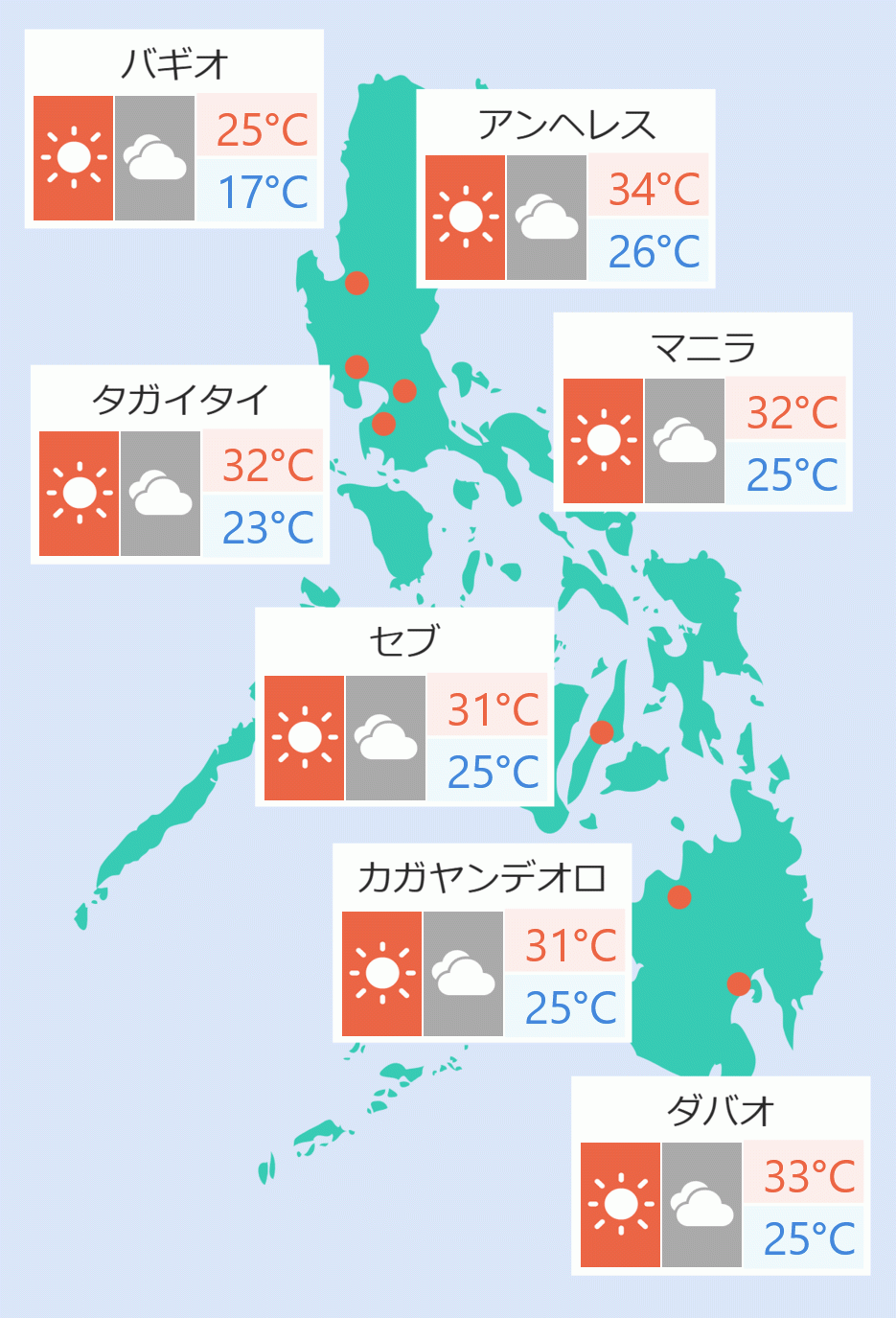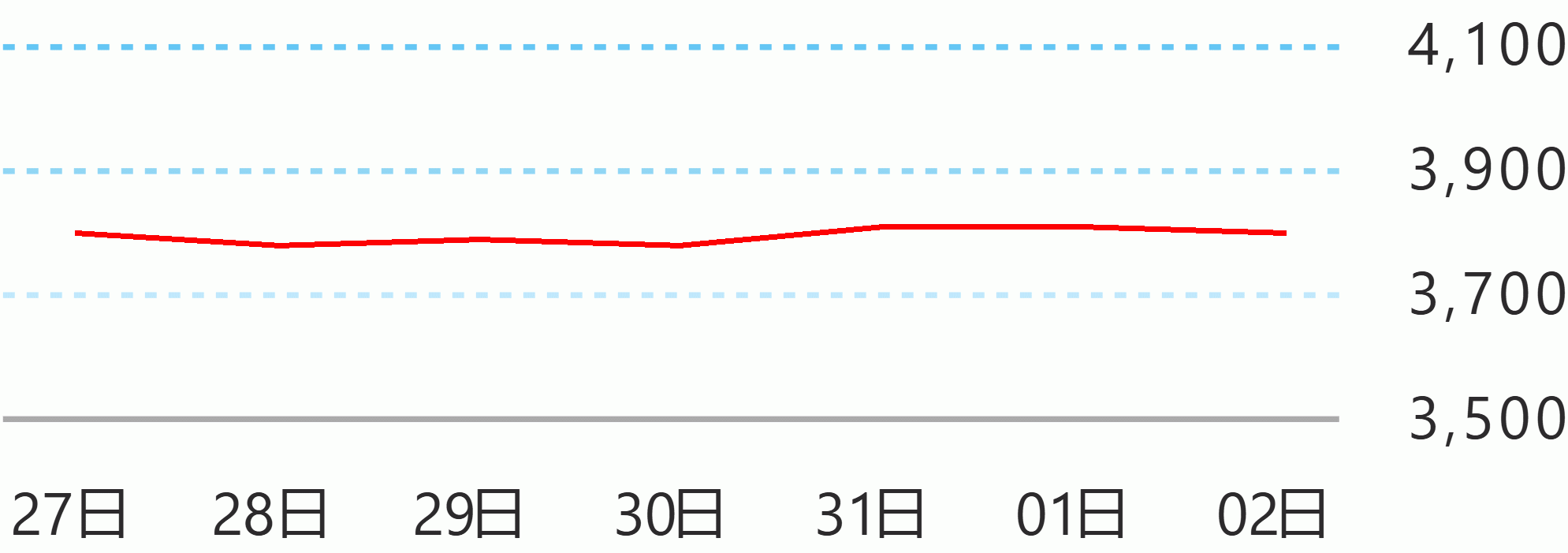The Philippine government recognized the technical expertise of the International Atomic Energy Agency’s (IAEA) that Japan’s plans to release treated water stored at the Fukushima Daiichi nuclear power plant into the sea are consistent with its safety standards.
This was the statement of the Department of Foreign Affairs (DFA) as Japan announced that they started releasing the treated water to the ocean Thursday noon.
In fiscal 2023 through next March, Tokyo Electric Power Co. plans to release 31,200 tons of treated water, Jiji News said.
"The Philippines continues to look at this issue from a science- and fact-based perspective and its impact on the waters in the region. As a coastal and archipelagic State, the Philippines attaches utmost priority to the protection and preservation of the marine environment," DFA spokesperson Teresita Daza said Thursday.
"The Philippines recognizes the International Atomic Energy Agency’s technical expertise on this matter," she added.
In their previous press release, IAEA noted that in a report formally presented by its Director General Rafael Mariano Grossi to Japanese Prime Minister Fumio Kishida in Tokyo last July, the IAEA noted "that the discharges of the treated water would have a negligible radiological impact to people and the environment."
Grossi said “based on its comprehensive assessment, the IAEA has concluded that the approach and activities to the discharge of ALPS treated water taken by Japan are consistent with relevant international safety standards."
“Furthermore, the IAEA notes the controlled, gradual discharges of the treated water to the sea, as currently planned and assessed by TEPCO, would have a negligible radiological impact on people and the environment,” he added.
According to IAEA, "the report is the outcome of nearly two years of work by an IAEA Task Force made up of top specialists from within the Agency advised by internationally recognised nuclear safety experts from eleven countries."
"They reviewed Japan’s plans against IAEA Safety Standards which serve as a global reference for protecting people and the environment and contribute to a harmonized high level of safety worldwide," it added. DMS





 English
English










